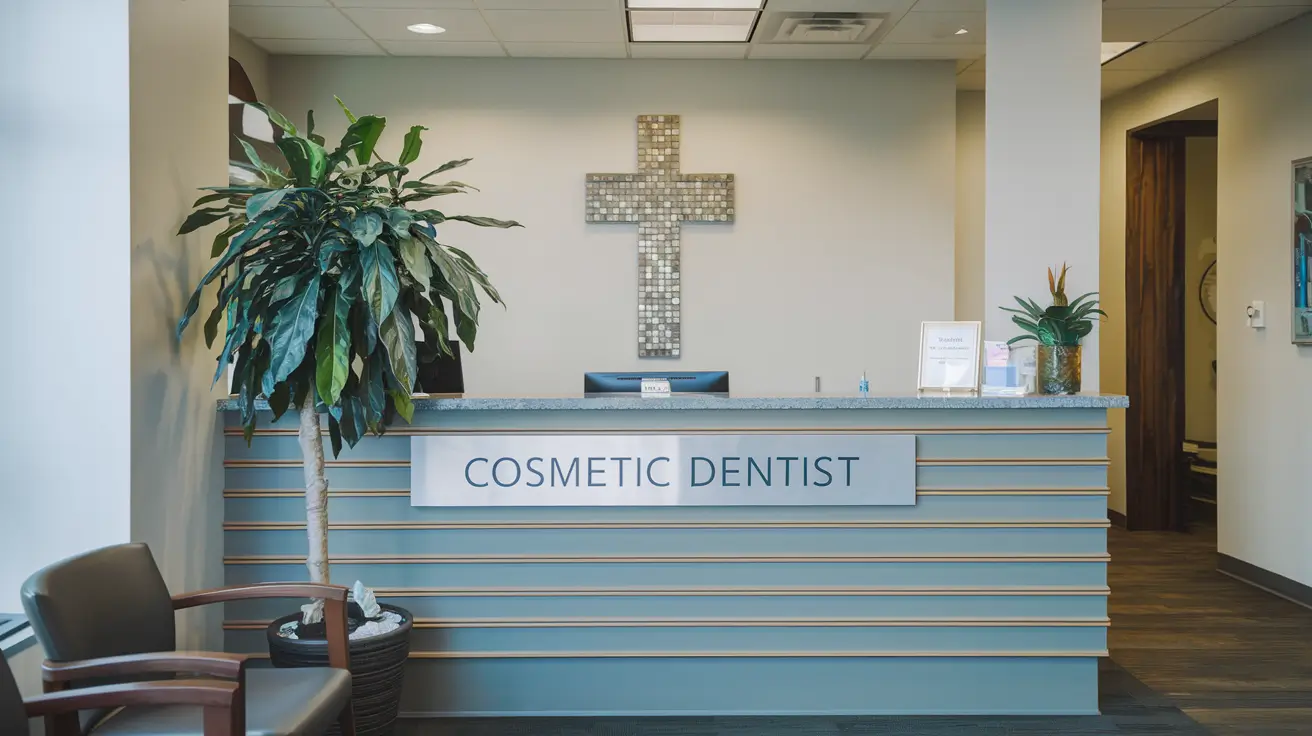
Cosmetic dentistry has gained high momentum in today’s society as people pursue a more beautiful smile and indirectly a way to boost self-confidence and appearance. But the question for the Christian is whether this change in natural appearance through dentistry is in conformance with biblical doctrine. This paper will try to shed light on some theological and ethical issues in cosmetic dentistry from a Christian perspective and the decision-making process for Christians.
Cosmetic dentistry is associated with dental treatment and provides methods to improve the appearance of the teeth, gums, and smile. The treatments that have come into common usage include whitening of teeth, veneers, crowns, bonding, and orthodontics. While these procedures mainly deal with aesthetics, they often render good oral health and functionality.
Christian teachings emphasize the importance of caring for one’s body, viewing it as a temple of the Holy Spirit (1 Corinthians 6:19-20). This stewardship involves maintaining physical health and well-being. However, the Bible also warns against vanity and the pursuit of beauty for selfish reasons (1 Peter 3:3-4; Proverbs 31:30).
| Teaching | Description |
|---|---|
| Care of the Body: | 1 Corinthians 6:19-20: “Do you not know that your bodies are temples of the Holy Spirit, who is in you, whom you have received from God? You are not your own.” Christians also have to glorify their bodies for God by maintaining it healthy and hygienic. |
| Avoiding Vanity: | 1 Peter 3:3-4: “Your beauty should not come from outward adornment. rather, it should be that of your inner self.” Attention is paid to inner beauty and character, not the outward appearance. |
| Contentment and Self-Acceptance: | Philippians 4:11-13: Paul speaks about being content in whatever circumstance. Emphasizes deriving happiness from what has been gifted by God rather than pursuing perfection. |
Cosmetic dentistry can be perceived as a means to emphasize and beautify the beauty God has given a person. Smiles can be perfected by procedures for whitening or straightening the teeth without changing the inherent feature.
A confident smile will affect personal and professional relationships positively. Improved self-esteem can also help individuals in performing their roles and responsibilities.
Some of the cosmetic procedures address functional issues, such as misaligned teeth or chipped enamel, thereby contributing to general oral health.
Often, the compulsion to attain an idealistic appearance is due more to vanity than need. Excessive focus on outward appearance can detract from spiritual growth and inner beauty.
The heavy cost involved in cosmetic surgery could amount to diverting meaningful resources from more vital needs, such as giving to charity or supporting a family.
Reliance upon the body for self-esteem spawns unhealthy dependencies and distorts the belief that our true worth is found in our identity in Christ.
The use of cosmetic dentistry creates, for Christians, a delicate balance between aesthetically improving one’s condition and the principles of faith. Here are some factors to consider in making a balanced decision:
Reflect on the reason behind cosmetic procedures. Is it for the betterment of self-esteem and well-being, or does it stem from vanity and pressure from society?
Determine whether the procedures are health-related or purely aesthetic. Focus on treatments offering health benefits along with the beautification of the patient.
Evaluate the financial impact and ensure that such spending will not compromise good financial stewardship or responsibilities to others.
Keep developing the inner virtues like being kind, humble, and compassionate without allowing personal characters to be overcome by outer increases.
Cosmetic dentistry, when approached in a thoughtful and responsible way, does not necessarily have to conflict with one’s faith in Christ. It can serve as a means to enhance natural beauty, improve oral health, and boost confidence, to the betterment of one’s life and the lives of those with whom one interacts. Yet, great caution must be used to avoid its pitfalls: vanity, undue financial burdens, and an unnatural focus on outward appearance. Weighting cosmetic choices in view of biblical principles, coupled with personal values, the Christian can make informed choices that serve both faith and well-being. Cosmetics, then, become a sin if one’s intentions and motives are perverse. How a person feels about cosmetic procedures depends on how these fit with his/her spiritual and ethical consciousness. Praying about it, seeking the counsel of trusted spiritual advisors, and reflection about the motivations are aiding tools for believers to make choices aesthetically pleasing yet spiritually sound.